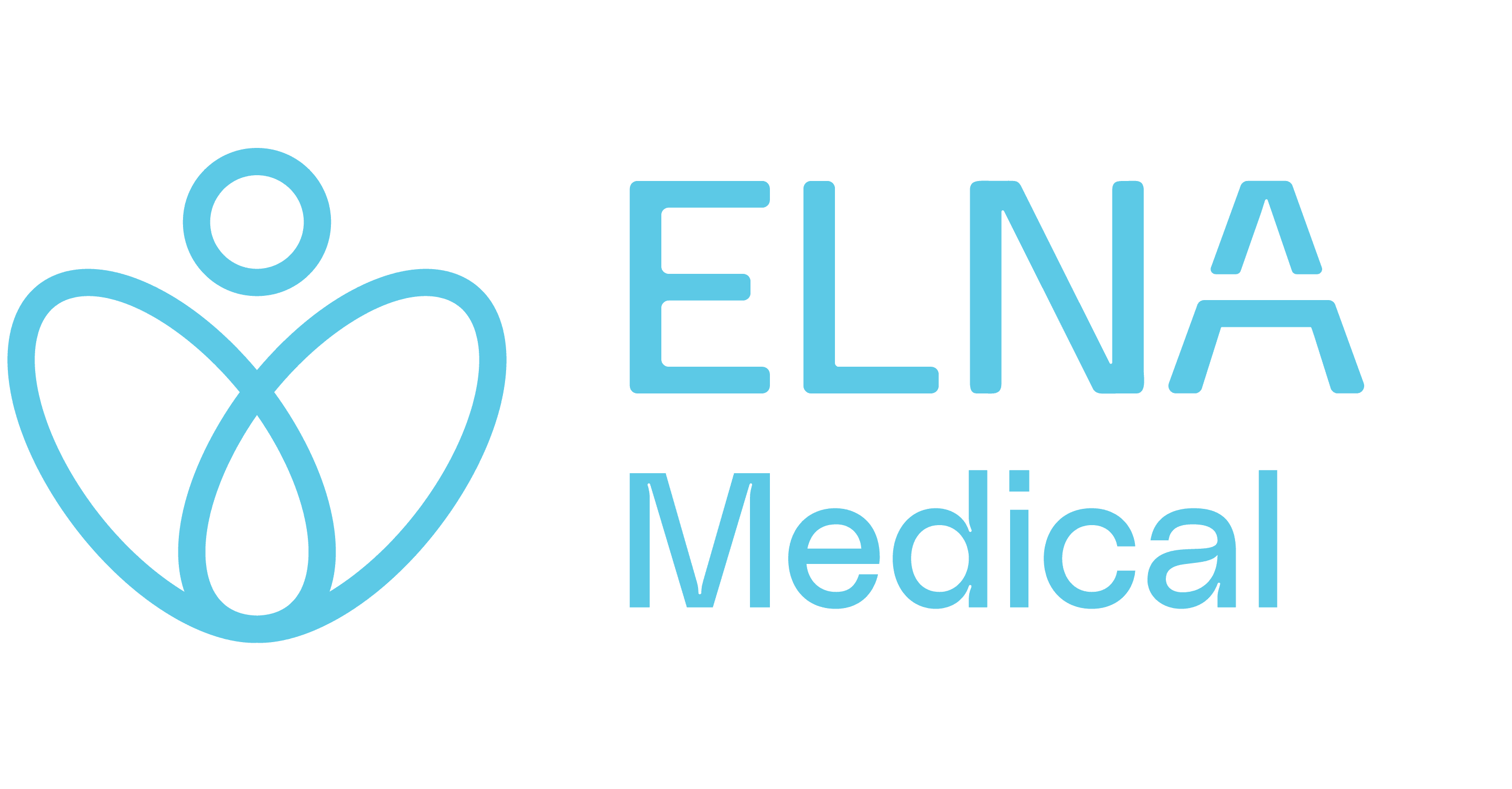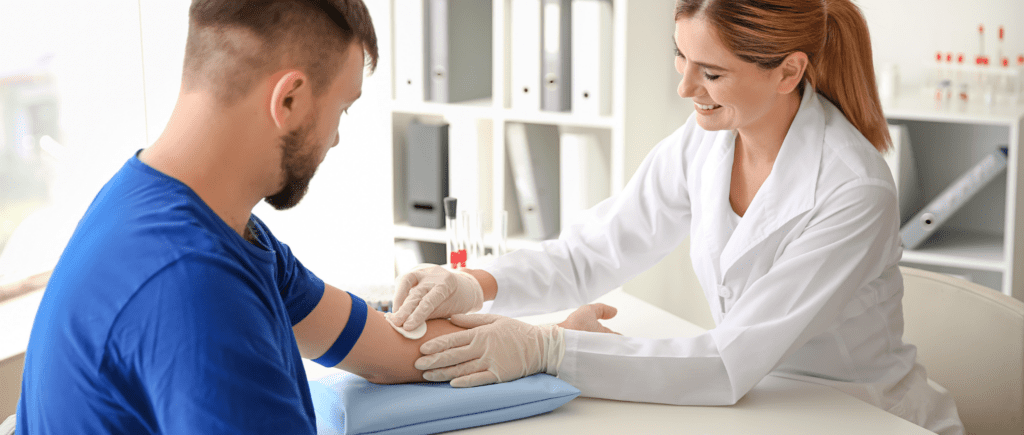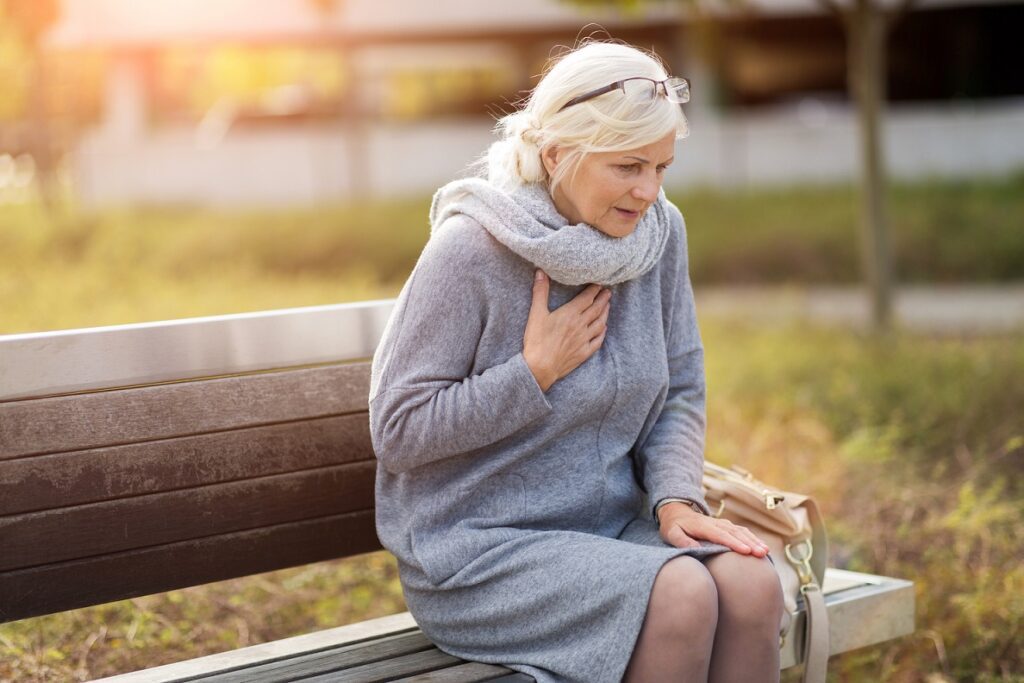In hot weather, it’s crucial to know how to recognize and prevent heatstroke. Excessive heat can quickly become dangerous, particularly for children, the elderly and people with chronic illnesses.
This article gives you the keys to identifying the symptoms of heatstroke, presents 10 essential tips for avoiding them, and explains how to treat yourself if necessary.
What are the symptoms of heat stroke?
Heat stroke occurs when the body is no longer able to cool itself to regulate body temperature. This phenomenon is generally due to the extreme heat experienced during a heatwave, or after heavy physical activity.
The effects of heat can have serious consequences for your body. Symptoms include:
- headaches and fever,
- muscle cramps and stiffness,
- exhaustion,
- thirst,
- nausea or vomiting,
- a pulse that’s faster or weaker than usual,
- dizziness, confusion and sometimes even loss of consciousness.
It’s essential to watch out for these signs, especially in the presence of vulnerable people such as children and seniors1. The ability to sweat can stop and body temperature can rise above 40°C, which is dangerous. If you think you’re experiencing heatstroke, contact the emergency services as soon as possible.
In more serious cases, heat stroke can cause breathing difficulties, convulsions, brain damage and in some cases, result in a coma or death2.

How can I avoid heat stroke?
Here are 10 essential tips to protect adults and children from heatstroke.
- Hydrate regularly: Drink water frequently, even if you’re not thirsty. Water is essential for maintaining a normal body temperature and compensating for losses due to perspiration. Avoid coffee and tea, which aggravate dehydration and impair the body’s ability to regulate temperature.
- Eat light: Eat lightly with water-rich meals, such as fresh fruit and vegetables. Heavy meals can raise your temperature and slow digestion, increasing the risk of heatstroke. If you’re cooking, avoid using electrical appliances that give off heat (ovens, stoves, etc.).
- Dress lightly: Wear loose-fitting and light-colored clothing made from breathable fabrics such as cotton. Dark clothing absorbs more heat, while synthetic fabrics can hinder the evaporation of sweat.
- Seek shade: Stay in the shade as much as possible to avoid direct exposure to the sun. Use umbrellas, wide-brimmed hats and sunglasses to protect yourself. At home, close windows and curtains during the day to keep the heat out.
- Avoid hot hours: Limit outdoor activities between 10 a.m. and 4 p.m., when the sun is at its strongest and temperatures are at their highest. Exercise early in the morning or late in the afternoon to reduce the risk of heat exhaustion.
- Use sunscreen: Apply sunscreen with a high SPF (30 or more) to protect your skin from UV rays. Sunburned skin has a harder time regulating body temperature.
- Cool off: Use misters, wet towels or take cold showers to lower your temperature. Footbaths in cool water are also effective for cooling down quickly.
- Take breaks: Take regular breaks during physical exertion to allow your body to cool down. Look for cool, shaded or air-conditioned places to rest, and hydrate during these breaks.
- Check up on your loved ones: Remember to check up on the most vulnerable people around you, remind them of the right gestures and offer them help.
- Pay attention to symptoms: Watch out for signs of heat stroke for both yourself and those around you, specifically children and the elderly. If you notice symptoms such as hot, dry skin, headaches, nausea or dizziness, react quickly.
By following these precautions, you’ll reduce the risk of catching a heat stroke and be able to enjoy summer temperatures in complete safety.

What to do in case of heat stroke?
Heat stroke is a medical emergency that must be treated quickly to avoid serious complications. Here is what to do if you suspect a heat stroke:
- Contact a healthcare professional: Call the emergency service (911) immediately. Remember that children, the elderly and people with chronic illnesses are particularly vulnerable.
- Find a cool place: Move to a shady, cool or air-conditioned place and fan yourself. Remove your clothes can help to cool your body temperature.
- Stay hydrated: Drink small sips of water, but avoid drinks that are too cold, which could cause stomach cramps.
- Cool your body: Use wet towels or take a cool shower to lower body temperature.
- Rest: Lie down and rest to allow your body to recover.
Consult a doctor
To cope with rising temperatures and limit the effects of heat on your health, a doctor or nurse can provide you with strategies tailored to your age, medical conditions and lifestyle. Contact one of our clinics for personalized advice.
Our health professionals are also available for minor heat-related emergencies in children and adults. In case of aggravated symptoms, contact emergency services.
Sources | 1 : Quebec Health – People at risk | 2 : OMS – Heatwaves | 3 : Canada Health – Extreme heat events















